? Ask us your questions
Share on social networks
FREQUENTLY ASKED QUESTIONS ABOUT DIGESHELP
TO KNOW MORE
Vitamins B12, B6, and B9: Importance in Vegan Diets and During Pregnancy
Vitamins from the B group, particularly B12, B6, and B9 (folate/folic acid), play crucial roles in human health. Maintaining a proper balance of vitamins is crucial during pregnancy, in vegetarian or vegan diets, and in other deficiency situations, as they help reduce fatigue and promote long-lasting well-being.
The energy we use for our daily activities, such as moving and thinking, comes from metabolism, which transforms food into energy. For this process to function optimally, certain nutrients are essential, with vitamins of the B complex, such as B6, B12, and B9, being among the most important.
Vegan Diets
Vitamin B12
Vegan diets can lead to a deficiency in vitamin B12, as this vitamin is not naturally found in plants. Although there are fortified plant foods, their contribution may be insufficient. Without adequate supplementation, up to 60% of vegetarians could suffer from a deficiency, resulting in megaloblastic anemia and neurological problems.
Vitamin B6
Unlike B12, vitamin B6 is found in a variety of plant foods, which makes it easier to get in a well-planned vegan diet including bananas, chickpeas, lentils, beans, potatoes, spinach, broccoli, nuts, sunflower seeds, wheat germ, whole grains, and some fortified cereals. Although less common than B12 deficiency, an insufficient intake of B6 can lead to irritability, depression, confusion, muscle weakness, and anemia.
Vitamin B9
Vegan diets tend to be rich in folate due to the abundance of green leafy vegetables, legumes, and whole grains (spinach, kale, broccoli, avocado, asparagus, lentils, chickpeas, peanuts, sunflower seeds, beets, and nutritional yeast). Although vegan diets are naturally rich in folate, inadequate intake can lead to megaloblastic anemia and digestive problems.
Pregnancy
Vitamin B12
During pregnancy, the demand for vitamin B12 increases due to fetal development. This vitamin is crucial for the baby's growth, red blood cell production, and the development of the nervous system. Maternal deficiency can increase the risk of neural tube defects, low birth weight, premature birth, and neurological problems in the baby.
Vitamin B6
During pregnancy, the requirements for vitamin B6 slightly increase. This vitamin is crucial for fetal neurological development and the formation of myelin. Moreover, it can help reduce pregnancy-related nausea and vomiting, though systematic supplementation is not recommended. It also contributes to reducing homocysteine levels, decreasing cardiovascular risk and perinatal complications. B6 deficiency in the mother can affect fetal neurological development and increase the risk of pre-eclampsia.
Vitamin B9
Folate is crucial before and during the first weeks of pregnancy to prevent neural tube defects (NTDs), serious malformations of the baby's brain and spinal cord, such as spina bifida. DNA synthesis and cell division are very active processes in embryonic development, making adequate availability of folate essential from the moment of conception. Folate deficiency during pregnancy can cause neural tube defects, which are the most severe and well-known risks. It can also lead to megaloblastic anemia in the mother and has been associated with an increased risk of early miscarriages and low birth weight.
The B complex vitamins are vital for energy production, growth, metabolism, and preventing fatigue. If you frequently experience tiredness, reviewing your diet and levels of these vitamins could be the key to regaining your vitality and well-being.
Refrances
- Anemia due to B12 deficiency. [Internet]. Bethesda: NIH; [Updated Mar 2024; accessed Jun 2025]. Available at https://www.nhlbi.nih.gov/es/salud/anemia/anemia-por-deficiencia-de-vitamina-b12
- B12 in pregnancy and breastfeeding: needs and how to ensure it. [Internet]. Alcoy: Spanish Vegetarian Union; [Updated Jul 2020; accessed Jun 2025]. Available at https://unionvegetariana.org/b12-en-embarazo-y-lactancia-necesidades-y-forma-de-garantizarla/
- Buil Arasanz ME, et al. Vitamin B 12 and vegetarian diet. SEMERGEN. 2009; 35(8): 412-4.
- Herrera Martínez M. Vegan and vegetarian diet during pregnancy and breastfeeding. Classes for Residents 2025, University Hospital Virgen de las Nieves: UGC Gynaecology and Obstetrics.
- Jurado Barriga AI, et al. Literature review on the vegan diet in pregnant women, fetal development, and well-being of the pregnant woman. Library Lascasas, 2022; 18: e13471.
- López Rodríguez MJ, et al. Supplements in pregnant women: controversies, evidences, and recommendations. Inf Ter Sist Nac Salud. 2010; 34: 117-128.









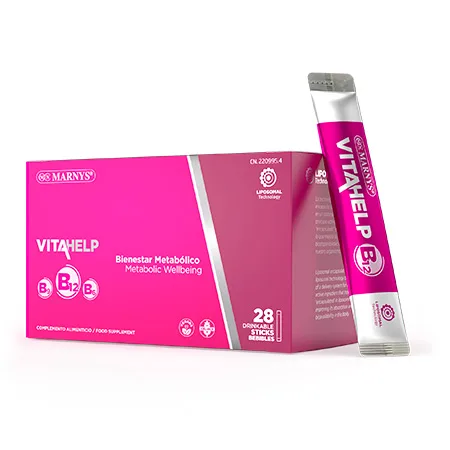
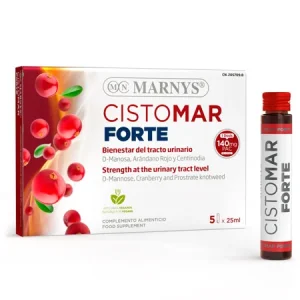
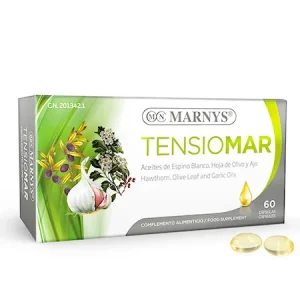
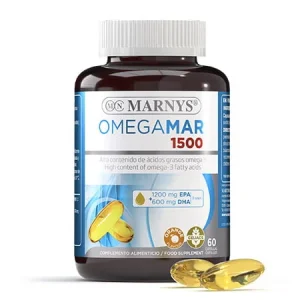
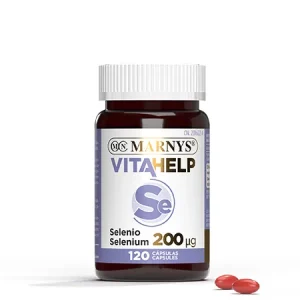















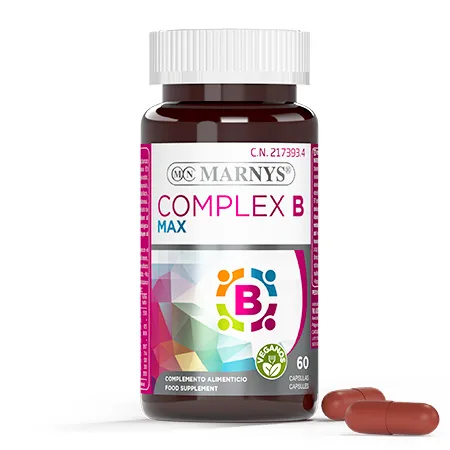

Reviews
There are no reviews yet.